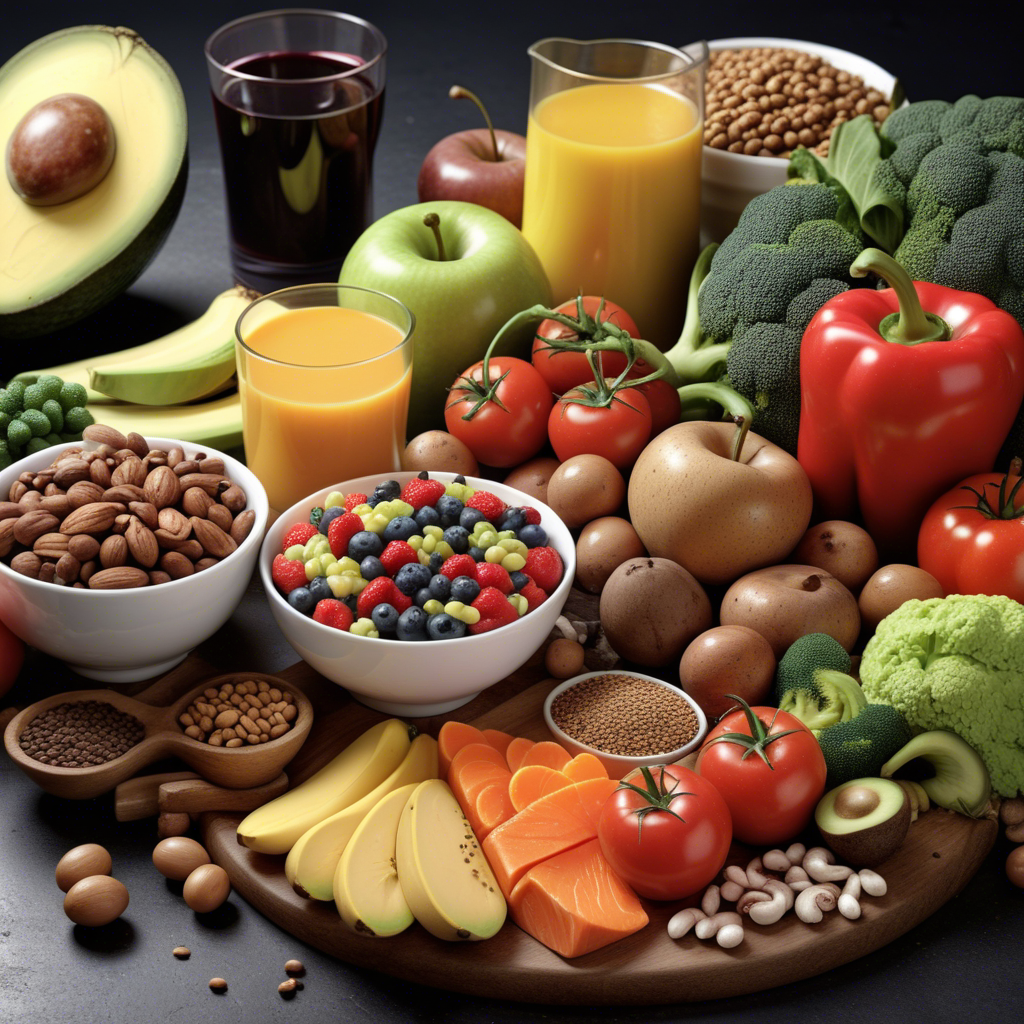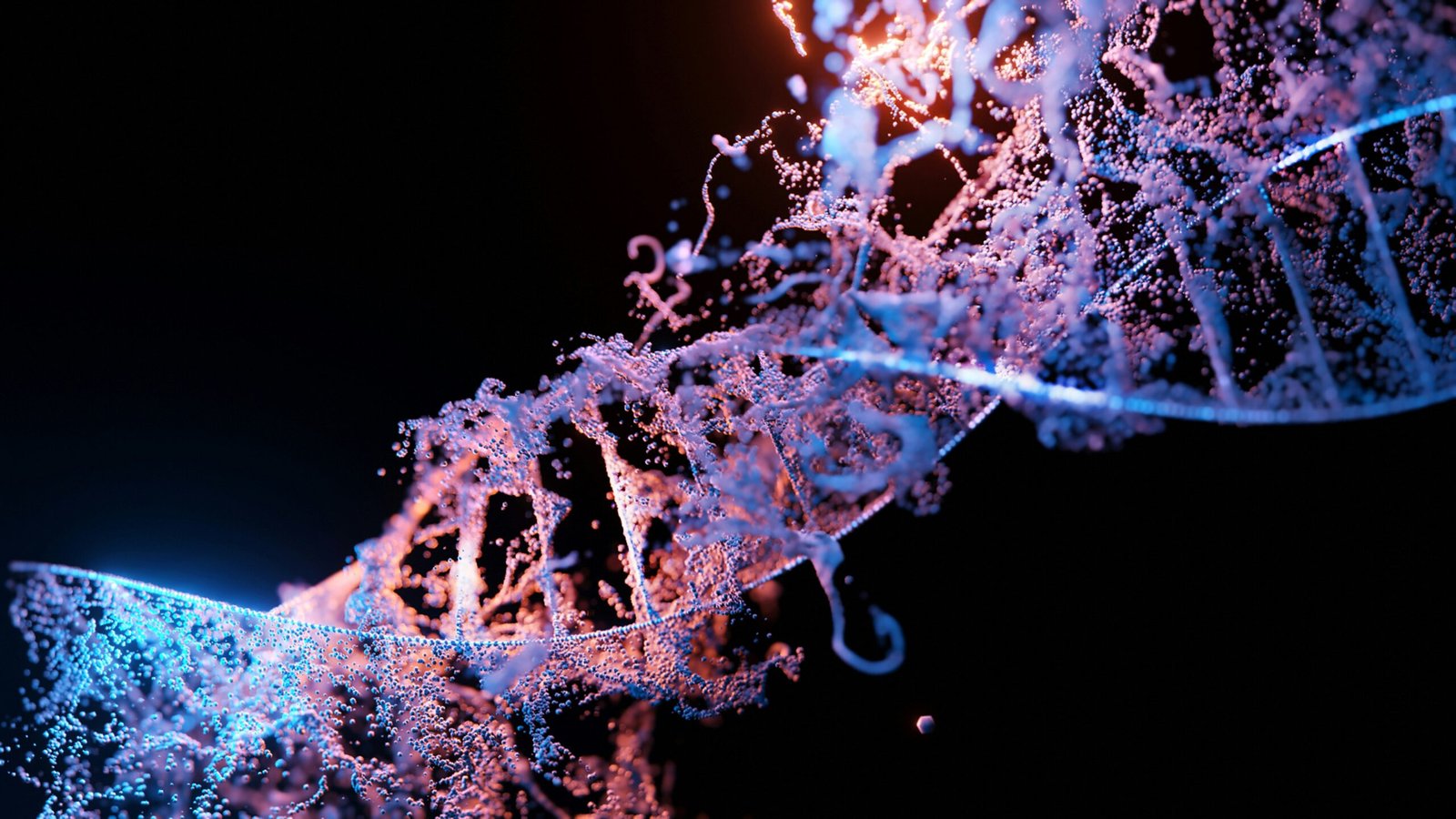The connection between nutrition and mental health has long been a topic of interest, with research suggesting that a healthy diet plays a critical role in maintaining mental wellbeing. The old adage “you are what you eat” has never been more relevant, as the food we consume has a profound impact on our mood, cognitive function, and overall mental health.
In this article, we’ll delve into the complex relationship between nutrition and mental health, exploring the ways in which diet influences our mental wellbeing and highlighting the key nutrients that support optimal mental health.
The Gut-Brain Axis
The gut-brain axis refers to the bidirectional communication network between the gut microbiome and the brain. The gut microbiome produces neurotransmitters, hormones, and other signaling molecules that influence mood, appetite, and cognitive function. In turn, the brain sends signals to the gut, influencing gut motility, secretion, and blood flow.
A healthy gut microbiome is essential for maintaining a strong gut-brain axis, and research has shown that an imbalance of the gut microbiome (dysbiosis) is associated with a range of mental health disorders, including anxiety, depression, and bipolar disorder.
Key Nutrients for Mental Health
While a balanced diet is essential for maintaining overall health, certain nutrients play a critical role in supporting mental wellbeing. Here are some of the key nutrients that support optimal mental health:
- Omega-3 fatty acids: Omega-3 fatty acids, particularly EPA and DHA, have anti-inflammatory properties and support brain health. Food sources include fatty fish, nuts, and seeds.
- Vitamin D: Vitamin D receptors are found throughout the brain, and research suggests that vitamin D deficiency is associated with depression, anxiety, and seasonal affective disorder. Food sources include fatty fish, fortified dairy products, and sunlight exposure.
- B vitamins: B vitamins, particularly B6, B9, and B12, play a critical role in neurotransmitter synthesis and energy metabolism. Food sources include meat, fish, eggs, and whole grains.
- Magnesium: Magnesium is involved in neurotransmitter function and synaptic plasticity, and research suggests that magnesium deficiency is associated with anxiety, depression, and stress. Food sources include dark leafy greens, nuts, and seeds.
- Probiotics: Probiotics support gut health and promote a balanced gut microbiome. Food sources include fermented foods, such as yogurt, kefir, and sauerkraut.
The Impact of Diet on Mental Health
A growing body of research suggests that diet plays a critical role in maintaining mental wellbeing. Here are some of the key findings:
- Dietary patterns: A 2019 meta-analysis published in the journal Molecular Psychiatry found that a healthy dietary pattern, characterized by high intake of fruits, vegetables, whole grains, and lean protein, was associated with a reduced risk of depression.
- Food additives: A 2018 study published in the journal Nature Communications found that artificial food additives, such as aspartame and sucralose, altered the gut microbiome and promoted anxiety-like behavior in mice.
- Gut health: A 2020 review published in the journal Nutrients found that gut health was a critical factor in maintaining mental wellbeing, with dysbiosis associated with a range of mental health disorders.
Conclusion
The link between nutrition and mental health is complex and multifaceted, with a growing body of research suggesting that a healthy diet plays a critical role in maintaining mental wellbeing. By incorporating key nutrients, such as omega-3 fatty acids, vitamin D, and probiotics, into our diet, we can support optimal mental health and reduce the risk of mental health disorders.
Remember, a healthy diet is just one aspect of maintaining mental wellbeing. Regular exercise, stress management, and social connection are also essential for maintaining optimal mental health. By prioritizing our overall health and wellbeing, we can promote a healthy and happy mind.


